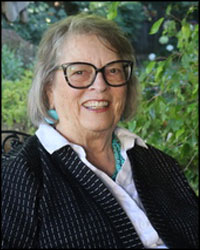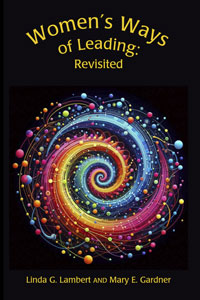Family
« Older Entries Newer Entries »The Nautilus Award–What is it? Why Nautilus?
Sunday, April 27th, 2014
This week our grandson, Jered, was quick to suggest the origin of the Nautilus Award. Of course, I realized. Jules Verne’s Twenty Thousand Leagues Under the Sea tells the story of Captain Nemo and his submarine, the Nautilus. Verne is revered for his imagination, innovation, creativity.
My historical novel, The Cairo Codex, won a 2014 Silver Nautilus Award for Fiction. The awards will be announced on May 1. The awards represent “Better Books for a Better World.” Now in its 15th year, this unique book award program seeks, honors, awards, and promotes print books that inspire and connect our lives as individuals, communities and global citizens. Dedicated to excellence and the highest literary standards, the Nautilus Awards seek and promote well-written and -produced books with messages about caring for, understanding, and improving every aspect of our lives and relationships.
I’m proud to be a member of the Nautilus family!
Tags: fiction, novel
Posted in creativity, Family, Fiction, history, imagination, Nautilus Award, writing | No Comments » | Leave a Comment



 Mary Gardner, a retired educator, has dedicated much of her life to learning and leading. She was a teacher, administrator, researcher, and continues to be a writer, mentor and consultant. She and Linda are known for their original work in reframing leadership. Their latest book is Women’s Ways of Leading: Revisited.
Mary Gardner, a retired educator, has dedicated much of her life to learning and leading. She was a teacher, administrator, researcher, and continues to be a writer, mentor and consultant. She and Linda are known for their original work in reframing leadership. Their latest book is Women’s Ways of Leading: Revisited.